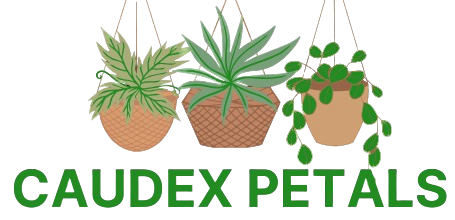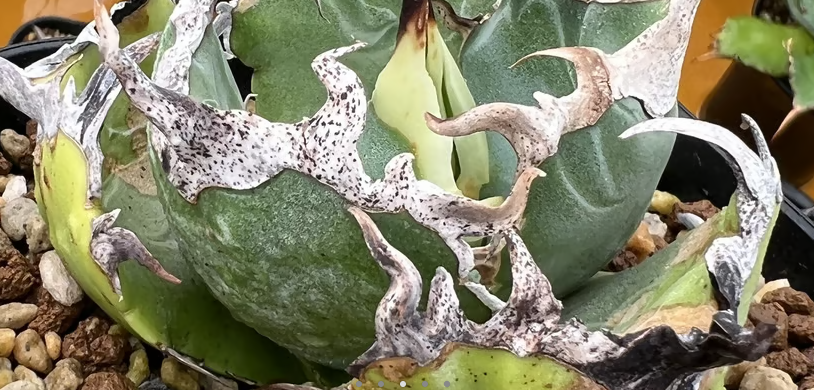Eco-Friendly Gardening
🌿 Sustainable Flower Farming: Why It Matters
At Caudex Petals, every flower tells a story — not just of beauty, but of care, responsibility, and respect for the earth. Behind each bloom lies a journey that begins long before it reaches your vase. Today, more than ever, how we grow our flowers matters. That’s where sustainable flower farming comes in — a movement that nurtures both nature and the people who depend on it.
🌱 What Is Sustainable Flower Farming?
Sustainable flower farming is the practice of growing flowers in a way that protects the environment, conserves resources, and supports local communities. It focuses on working with nature, not against it — using eco-friendly methods that promote soil health, reduce waste, and preserve biodiversity.
Unlike large-scale industrial flower farms that often rely on chemicals and artificial environments, sustainable farming emphasizes:
-
Organic cultivation with minimal or no chemical pesticides.
-
Efficient water use through drip irrigation or rainwater harvesting.
-
Healthy soil management using compost, mulch, and crop rotation.
-
Fair labor practices that value and protect farm workers.
This holistic approach ensures that every flower grown contributes positively to the planet rather than depleting it.
🌸 Why It Matters
1. Protecting Our Environment
Traditional flower farming can contribute to soil degradation, chemical runoff, and excessive water use. Sustainable methods minimize these effects, helping to keep the soil fertile, the water clean, and the air pure.
2. Healthier, Longer-Lasting Flowers
Flowers grown naturally tend to be stronger and longer-lasting. Without overreliance on chemicals, they develop resilience, vibrant colors, and a more authentic fragrance — beauty that comes from within.
3. Supporting Local Communities
Sustainable farming empowers small-scale growers and local farmers. By choosing locally grown flowers, you support fair wages, community development, and regional economies. It’s beauty that gives back.
4. Reducing Carbon Footprint
Imported flowers often travel thousands of miles before reaching consumers. Locally grown, sustainable flowers reduce transportation emissions and promote eco-conscious living.
🌼 Caudex Petals’ Commitment to Sustainability
At Caudex Petals, sustainability isn’t just a trend — it’s a promise.
Every petal we grow is a reflection of our respect for nature’s balance. From the soil we enrich to the hands that nurture our plants, we’re guided by three core principles:
-
Eco-Friendly Practices: We use natural compost, organic fertilizers, and integrated pest management to minimize chemical use.
-
Water Conservation: Our irrigation systems are designed to reduce waste and recycle rainwater.
-
Local Sourcing: We prioritize growing and selling flowers locally, ensuring freshness while reducing our environmental impact.
By adopting these principles, we aim to create a world where beauty and sustainability bloom side by side.
🌻 How You Can Help
You, too, can be part of this movement toward a greener future. Here’s how:
-
Buy Local: Choose flowers from local growers like Caudex Petals.
-
Ask Questions: Learn where your flowers come from and how they’re grown.
-
Compost Old Flowers: Give back to the earth by turning used blooms into compost.
-
Spread Awareness: Share the importance of sustainable farming with your friends and family.
Small choices make a big difference — and together, we can create a world where every bouquet tells a story of care for the planet.
🌾 Conclusion
Sustainable flower farming isn’t just about growing flowers — it’s about growing hope, balance, and responsibility. Every time you choose sustainably grown blooms, you’re making a choice that helps protect our planet, empower farmers, and preserve the natural beauty we all love.
At Caudex Petals, we believe that true beauty comes from harmony with nature. Because when flowers thrive naturally, so does the world around them. 🌍💚

